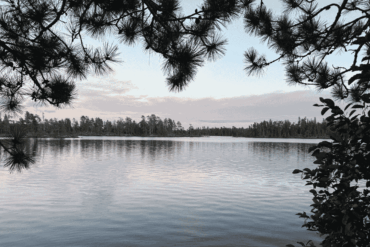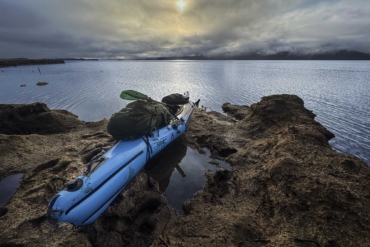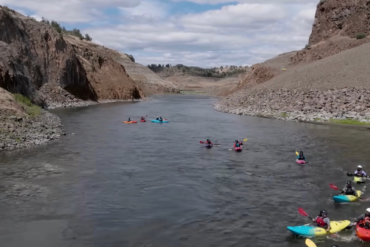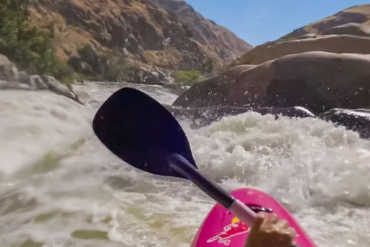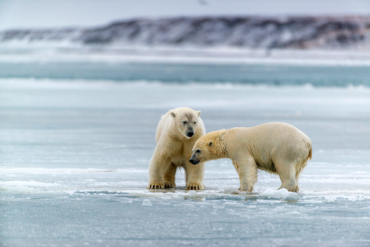Get the ‘raddest ride’ and help gather critical ocean data by way of your board’s fin? This company says you can.
Gathering ocean data in coastal environments can be difficult. Why? For most of the same reasons that surfing is demanding: the water is choppy, the tide can be unpredictable, and conditions change constantly.
Smartfin’s new piece of kit looks to help out surfers and researchers all in one fell swoop.
In short, the fin is a patented Internet of Things (IoT)-enabled longboard fin for surfing and paddleboarding with embedded sensor technology capable of measuring water chemistry.
The company said it can deliver near-real-time data to researchers through a cloud database and claims it gathers information at “high spatial and temporal resolution” (read: accurate to where it is and what time it was when it was there).
“Traditional measurement methods in the nearshore and surf zone are challenging and expensive, and this critical area of measurement is always under-sampled,” the company said. “The aggressive nearshore environment is precisely where surfers spend their time. Smartfins can affordably gather, in near-real-time, coastal data across the globe.”
Happy #WorldOceansDay! We’re proud to be building a community of citizen scientists to protect the ocean https://t.co/GKxjMjeZGU
— Smartfin (@smartfinproject) June 8, 2021
Shred the Data
Smartfin says that once the surfer calibrates the fin, it can measure temperature accurately to within 0.05 degrees C. Oceanographers can then use the data for various applications like tracking changes in temperature and water quality, as well as coastal physics like patterns in riptides and swells.
The device works with a wet/dry sensor. The sensor records GPS, temperature, and wave data while in the water. Then it automatically transmits what it reads via LTE signal.
Sourcing surfers to read coastal temperatures makes sense for obvious reasons. They’re always out there, and habitats that help balance ocean ecosystems like coral reefs can directly benefit.
Smartfin suggests that scientists can use its data to look at changes in micro-habitats, not just broad strokes. That means they could use it, for instance, to orchestrate a coral reef restoration project in a specific area where the water conditions made sense to do so.
Shred the Gnar
Smartfin can also tell you what you’re doing out there as a surfer. The fin’s GPS and time-tracking utilities mean it can give you smartwatch-like stats tailored to surfing. Duration, distance, wave count, top speed, and more will be available.
Then, you can track and share your rides with the Smartfin app (think along the lines of Strava).
We are thrilled to have been included in UNESCO Green Citizens, and on Earth Day no less! You can see our project at the link below, and check out the other amazing projects on the platform. #unescogreencitizens https://t.co/z34frb1xtz
— Smartfin (@smartfinproject) April 22, 2021
Word on the street has it that the Portland, Ore.-founded company is almost ready to send out its first customer-bought skeg. After 7 years of development and testing, scientific journals have become hip to the concept, and a retail launch appears imminent.
Pricing and availability details aren’t available yet, but Smartfin said via its reservation portal that it’s “gearing up for a production run.”
You can also take this quick survey to enter to win a Body Glove wetsuit, plus discounts at the website, all through Smartfin. Bonus!
Ready to send the gap from surfer to citizen scientist? Check it out with Smartfin.




